Drag bans limit self-expression (for more than just performers)
Drag fosters safe and inclusive spaces for queer people
A drag performer performs at a Student Union event.
April 11, 2023
On March 2, Tennessee Gov. Bill Lee signed Tennessee Senate Bill 3, more popularly known as the “Tennessee Drag Ban.” This bill, while vague in its contents, bans public “adult cabaret performance” in front of children in the state.
Republican politicians have crusaded against drag queens for a long time, but this is the first bill in the United States to pass a state legislature and be signed into law. This Republican crusade centers on the belief that drag queens are dangerous to children and that their performances and expression are predatory. While the bill was halted by U.S. District Judge Thomas Parker on April 1, citing First Amendment concerns, it is nonetheless a devastating blow for LGBTQ+ rights and sets a problematic precedent.
Part of the problem with the vague language of the bill is that it does not differentiate between drag queens and transgender individuals — thus threatening not only the safety and livelihood of Tennessee drag queens, but of any entertainer in the state who does not express their gender in a normative way.
Drag, first and foremost, is an expression of creativity and passion. It fosters safe and inclusive spaces for queer people away from the judgment of broader society. Events such as drag queen story hours show children that it’s okay for them to exist outside normative boundaries of gender and sexuality and express themselves however they please.
Had I grown up attending drag queen story hours, rather than sitting in Mormon church pews and being told to “love the sinner, hate the sin,” I’m sure I would not have struggled with internalized homophobia to the extent that I did. It wouldn’t have taken me three years away from the Mormon church and a Queer Public Histories class to understand that queer self-expression and existing outside of binary gender and sexuality is beautiful rather than shameful. I would have understood and appreciated my attraction to both men and women for what it was as early as middle school, when those feelings first arose.
Republicans in support of the drag ban are not afraid of drag queens because they genuinely think they are child predators — they are afraid of drag queens because they pose a threat to heteropatriarchy and the arbitrary, limiting norms that the GOP is so hell-bent on enforcing.
On Friday, March 24, I had the pleasure of attending an on-campus drag show co-sponsored by the Women’s Center, the LGBTQ+ Center and the Student Union. One of the drag queens who performed was Kameron Michaels, who is known for competing on the 10th season of “RuPaul’s Drag Race.”
After her performances, Michaels took audience questions, where she talked about her background growing up in Tennessee, what attracted her to drag performance and her thoughts on the Tennessee ban — which at that time had not yet been put on hold. Michaels spoke passionately about how targeted and illogical the bill was and how queens pose no threat to minors — in fact, they follow different protocols depending on whether their audience is over or under 18. Examples of typical protocols for family-friendly shows, as listed by a host restaurant in Roanoke, Tex., include no foul language, sexual content, erotic behavior or explicit lyrics — as well as the stipulation that performers be fully clothed. The documentation of these protocols makes GOP accusations of grooming and predatory behavior all the more ridiculous.
Being a queer person, especially at an institution like Wake Forest, is difficult. Even as someone who is cisgender and carries large amounts of financial and racial privilege, I often struggle with self-expression and question the extent to which it is safe for me to express myself as queer in a given place or situation.
At the Student Union drag show, I did not have to grapple with those feelings.
For queer people who don’t carry the same privileges as I do — people of color, those who are more visibly queer or trans, those living in red counties in red states and those without the same socioeconomic advantages as me — this daily struggle is much worse. This is why queer-inclusive spaces and events such as drag performances are so important and why it is important that children — queer or not — are aware of and able to access those events from a young age.
In a country where children are threatened by gun violence, pervasive poverty, malnourishment, health inequity and loopholes in child labor laws — just to name a few issues — drag queens should be the least of anyone’s concerns.


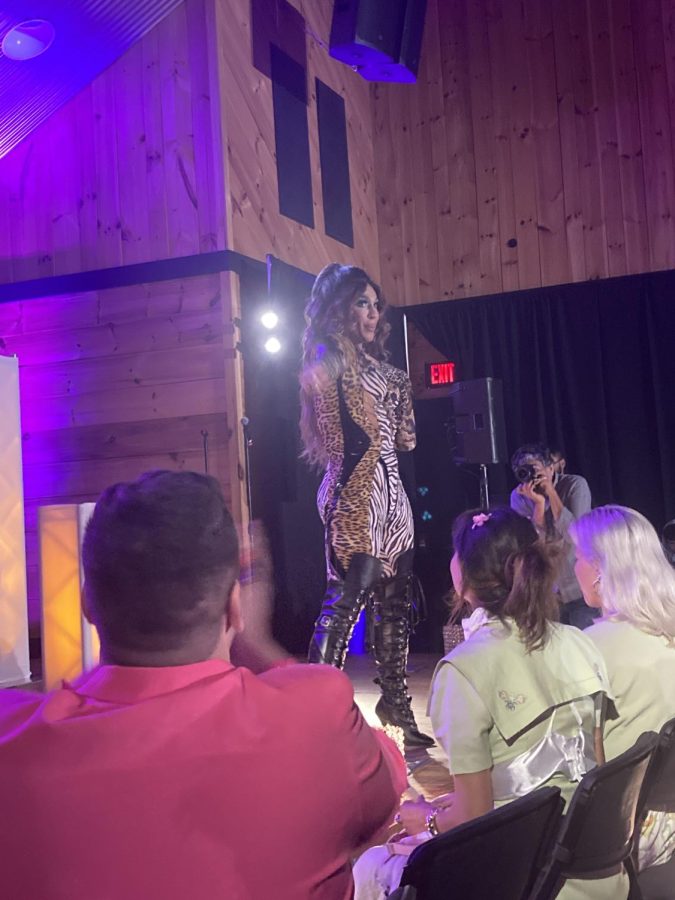
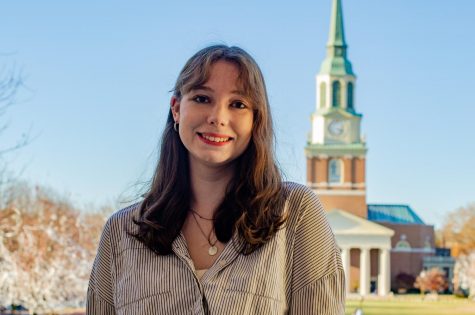
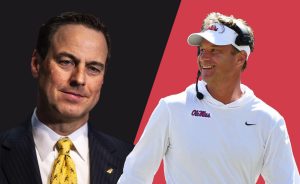


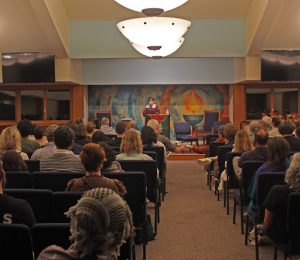
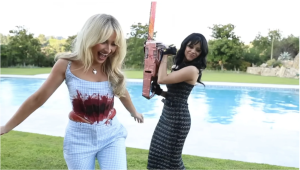
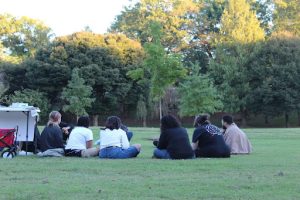
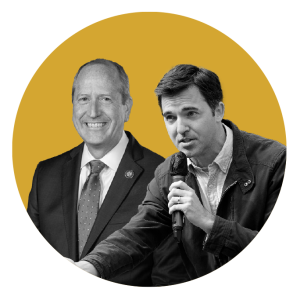

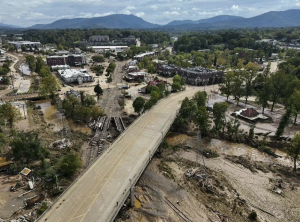
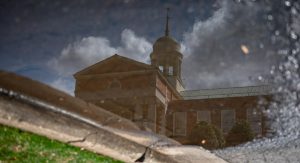
Board'n'seize • Apr 23, 2023 at 8:30 pm
This is essentially an “NC-17” for in-person performances, which is within the purview of current regulatory bodies.
Actors can still star in R-rated movies. Those movies are still shown to audiences. There is no limit on any self-expression here.